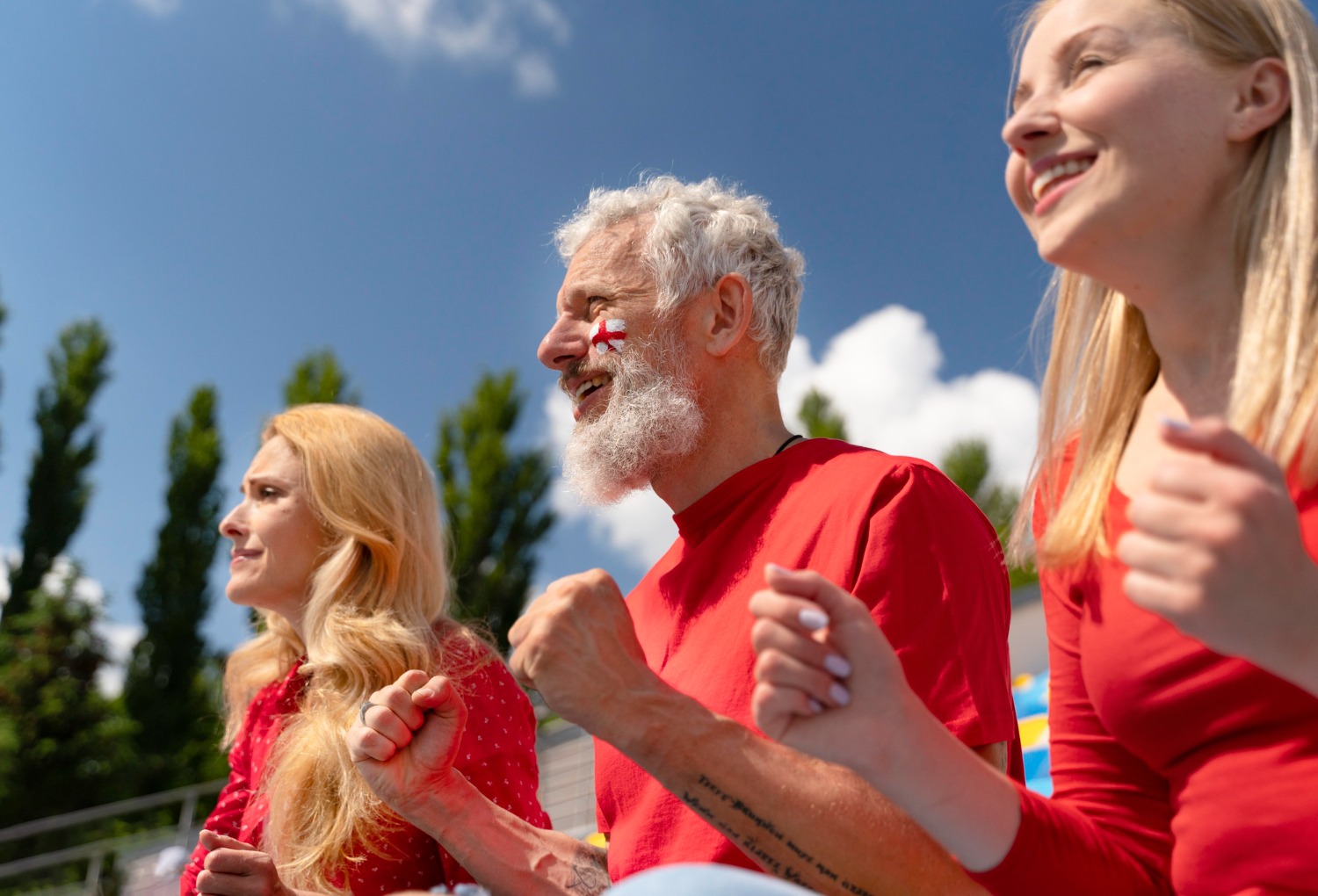In Motion Through Ages: Unraveling the Philosophical and Historical Significance of Physical Exercise for a Harmonious Life

In the bustling corridors of modern life, where the cacophony of daily obligations often drowns out the whisper of our inner needs, there lies a simple yet profound answer to the quest for harmony: physical exercise. This article delves into the rich tapestry of history and philosophy behind sports, unraveling the intricate ways in which physical activity is not just a fleeting engagement of the muscles but a deep-seated dialogue with our very essence. It beckons the reader to embark on a journey through time, thought, and movement, exploring why physical exercise remains a pivotal element in sculpting a life of balance and fulfillment.
The Historical Odyssey of Sports: More Than Just a Game
From the ancient Olympiads, where the grace of an athlete was celebrated under the watchful eyes of Greek deities, to the coliseums of Rome where physical prowess narrated tales of glory and valiance, sports have always been a reflection of the societies that embraced them. This section weaves through the epochs, illustrating how physical activities were not merely leisurely pursuits but integral components of cultures, shaping identities, values, and societal norms. It elucidates the transition from survival-driven physicality in prehistoric times to the organized sports of today, revealing how each era’s unique relationship with sports mirrors its philosophical underpinnings.
The Philosophical Depths of Physical Exercise: A Journey Within
Here, the focus shifts from the external to the internal realms. How do physical activities converse with our psyche? The article dives into various philosophical perspectives, from the Stoic appreciation of physical discipline to Eastern philosophies that view bodily movement as a gateway to spiritual awakening. It examines how the act of engaging in sports or physical exercise is a manifestation of existential beliefs, a dance with the principles of resilience, endurance, and the pursuit of excellence. This section invites readers to contemplate how their personal philosophies align or contrast with these historical and cultural narratives.
Physical Exercise and Modern Life: Balancing the Equation
In the contemporary world, where the sedentary lifestyle has become prevalent, this part discusses the resurgence of the necessity for physical exercise as a counterbalance. It’s an exploration of how modern ailments – both mental and physical – are often a result of a disconnect with our innate need for movement. It delves into current research linking physical health with mental well-being, illustrating how regular exercise fosters not only a stronger body but also a more resilient and harmonious mind.
The Future of Physical Exercise: Evolution and Adaptation
As the article nears its conclusion, it gazes into the future, pondering the evolution of physical exercise in an ever-changing world. With technological advancements, the rise of virtual reality, and AI, how will our relationship with physical activity transform? This section speculates on futuristic scenarios where physical exercise might merge with technology, offering new ways to achieve balance and well-being, and invites the reader to envision their role in this evolving landscape.
Conclusion In closing, the article reaffirms the timeless importance of physical exercise, not just as a means to physical health, but as a fundamental pillar supporting the edifice of a harmonious life. It leaves the reader with a reflective note on the enduring power of sports and physical activities as vessels for personal growth, societal cohesion, and philosophical exploration.
